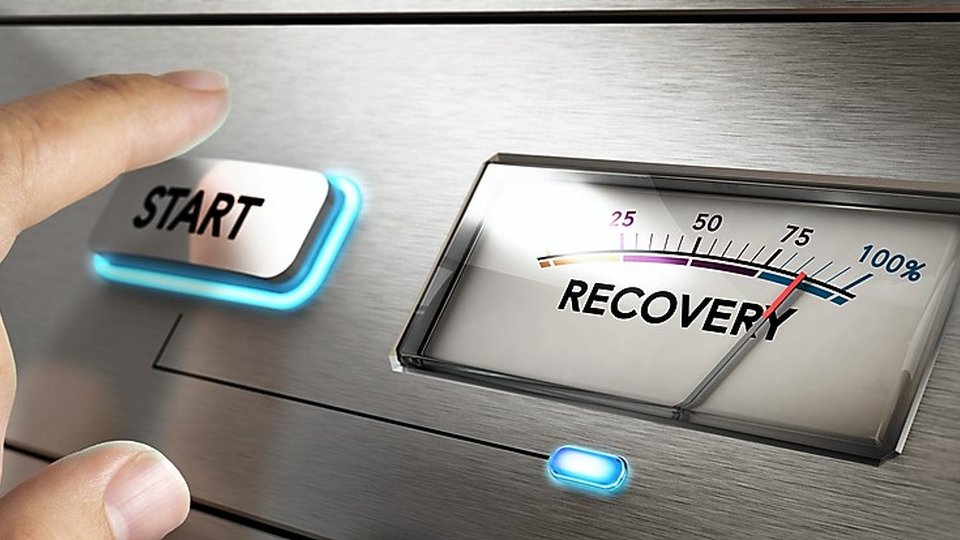Commentary
5 considerations for vending and amusement operators’ COVID-19 recovery plans
With business largely on hold because of the coronavirus pandemic, now is a good time for vending and amusement machine operators to create recovery plans that will enable them to prosper once normal business conditions return. Financial veteran Sal Cifala offers an outline.

April 6, 2020 by Sal Cifala — Owner, Digital Media Vending International LLC
As COVID-19 continues to place a hold on the country and the world, we find our everyday lives impacted in a way we've never experienced before. While the health and well being of you and your loved ones are probably your top priority, as a business owner you also never stop thinking about the well being of your business. You may be at a standstill right now, but you're also worried about the future — when the country opens again.
If you own or operate a vending or amusement route, here are some things to consider as you're thinking through your recovery plan:
1. Inventory management. If you own or operate a vending route, inventory management is probably top of mind.
- Certain products in your inventory will likely be expired. You'll need to go through your stock and dispose of anything that is out of date and absorb the financial hit from that.
- Restocking. Now is the time to start planning for future purchases. With the expired stock you may have disposed of, plan for a large order to get restarted. Make arrangements with your suppliers, plan what you'll need and work through how to pay for it.
2. Equipment maintenance.
- Before you can get up and running again, your equipment needs to be cleaned. COVID-19 can stay on surfaces for extended periods of time. Are you able to clean and sanitize the equipment yourself, or will you need to hire someone? Check CDC, OSHA and trade association guidelines to ensure you're meeting any requirements and best practices. Plan for this as early as possible so you can reopen as soon as you get the go-ahead.
3. Shifts in customer mindset. You'll need to consider the effects this crisis has had on your customers' lifestyles. It's not just their financial position that could be different. They may also have an aversion to communal spaces and ongoing health and safety concerns.
- Whether they are getting an afternoon snack from your vending machine or picking their favorite song from your jukebox, people are going to be hypersensitive to direct contact with your equipment, including any buttons, joysticks and bill acceptors on vending machines, games and other equipment.
- With this in mind, should you make disposable gloves and/or disinfectant wipes available at your locations? Depending on the location, building or facility, management may already have a plan in place or specific requirements they expect their vendors to meet. If possible, work with them on this initiative to ensure you are not only compliant, but also not duplicating efforts.
- Consumer habits might change. Consumers may not want to spend money the way they previously did; they may be hesitant to spend time in larger groups and aren't rushing back into bars or restaurants, or they may even continue to work from home to avoid perceived risk and contamination of being back in the office.
4. Vendor and manufacturer relationships.Take advantage of attractive pricing options they may have to spur sales. Leverage those relationships you've built over the years wherever you can to get the best deals possible.
5. Long-term financial planning. Your 2020 plans have now completely shifted. It's time to assess your new financial situation and plan for reduced revenue for the remainder of the year — not just because of the revenue lost during the shutdown, but also because of the potential shift in your customers' habits mentioned above.
- Once you've accounted for this, talk to your lenders. Be open to restructuring current loan terms to plan for this reduced revenue.
- If your lender is open to discussing new financing and that's an option you want to explore, make sure they are offering longer term loans with deferred payment and balloon payment options.
- Reassess what your new needs are going to be for the rest of the year as far as staff, vehicles, equipment, maintenance and your overhead in general are concerned.
- Lost revenue. Between lost time in business, lost inventory and restocking expenses, your financial situation could be drastically different than just a few weeks ago. Talk to your bankers to help determine the best path forward.
- Research available relief packages. There are numerous forms of aid available for businesses and individuals at the federal, state and local levels. A list of SBA, federal and state aid is available at this website: https://www.firestonefinancial.com/Resources/COVID-19-Resources. These resources change frequently, so check back often to make sure you're taking advantage of the best options for you.
About Sal Cifala
Sal Cifala has been with Firestone Financial for 22 years where he currently leads the sales and relationship management efforts for the amusement, vending, gaming and carnival industries. He’s held a number of roles in the company, including asset management, workout, operations and credit before joining the sales team in 2002. Firestone Financial is a subsidiary of Berkshire Bank (Member FDIC).
 ChatGPT
ChatGPT Grok
Grok Perplexity
Perplexity Claude
Claude






